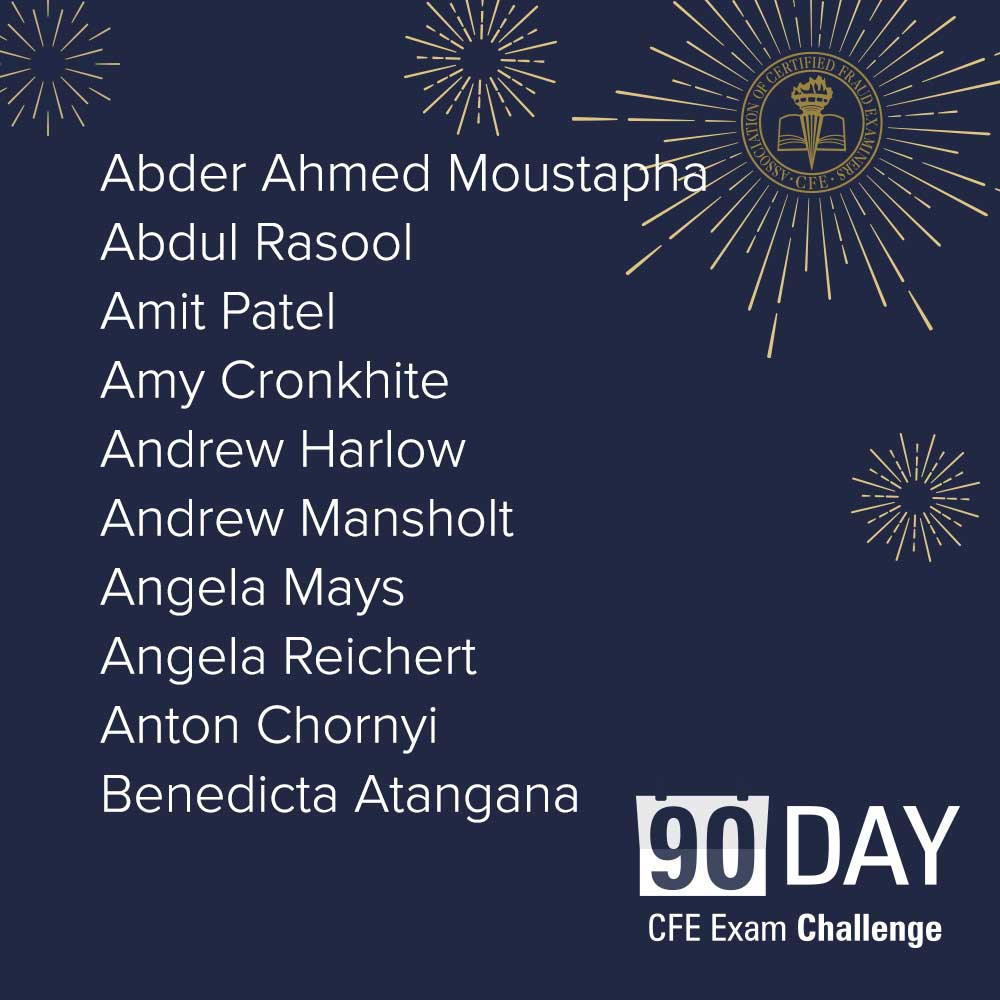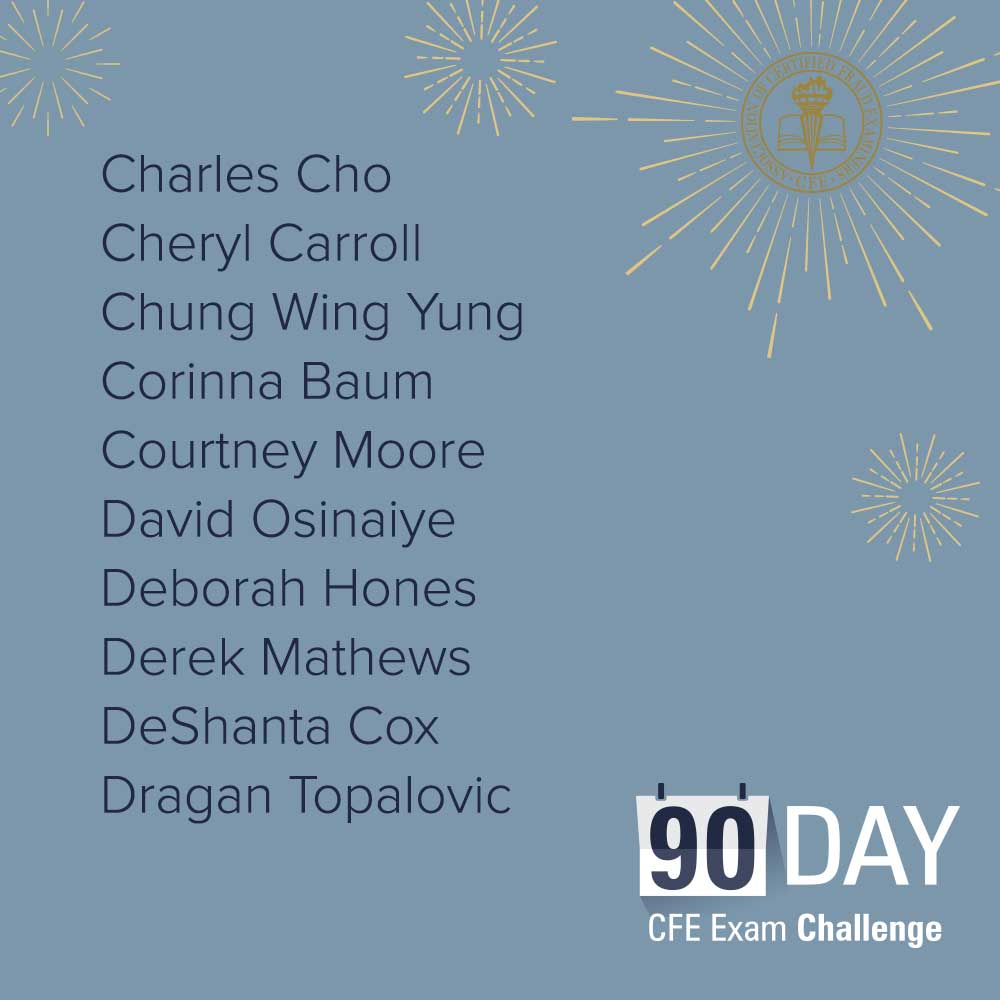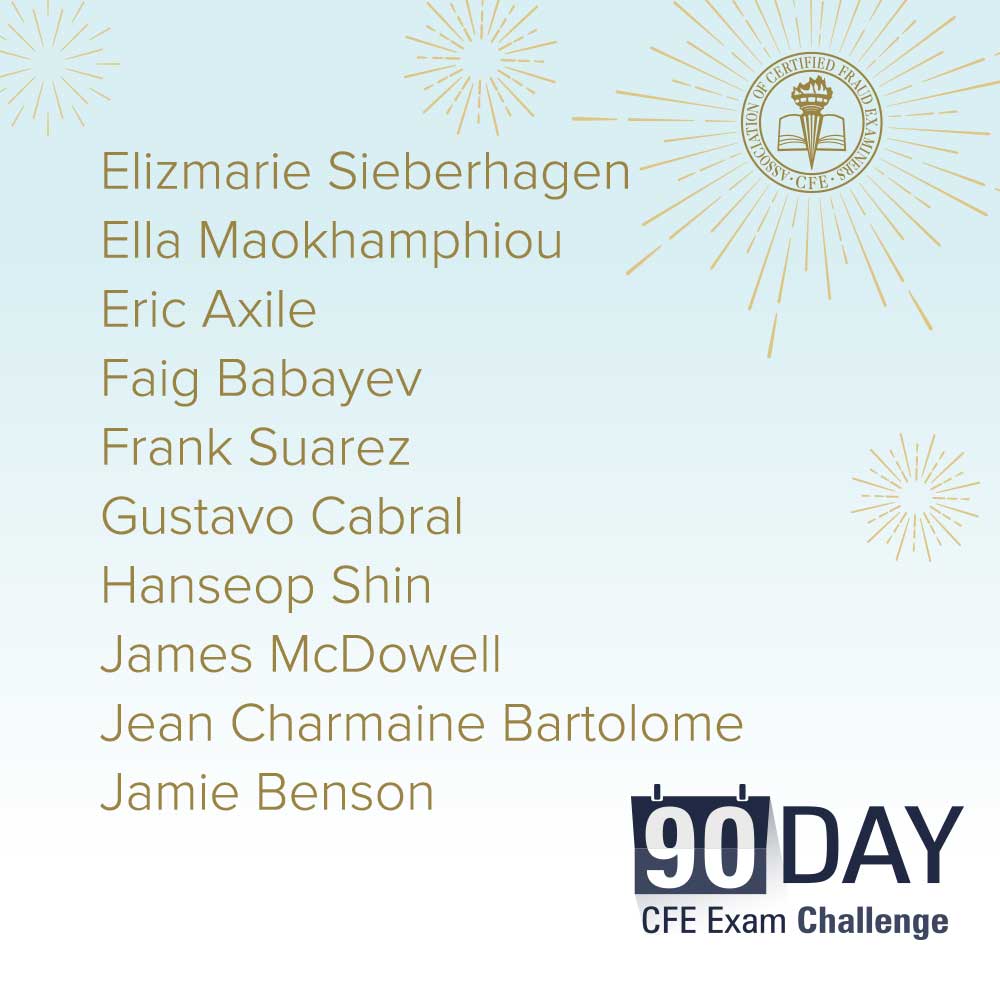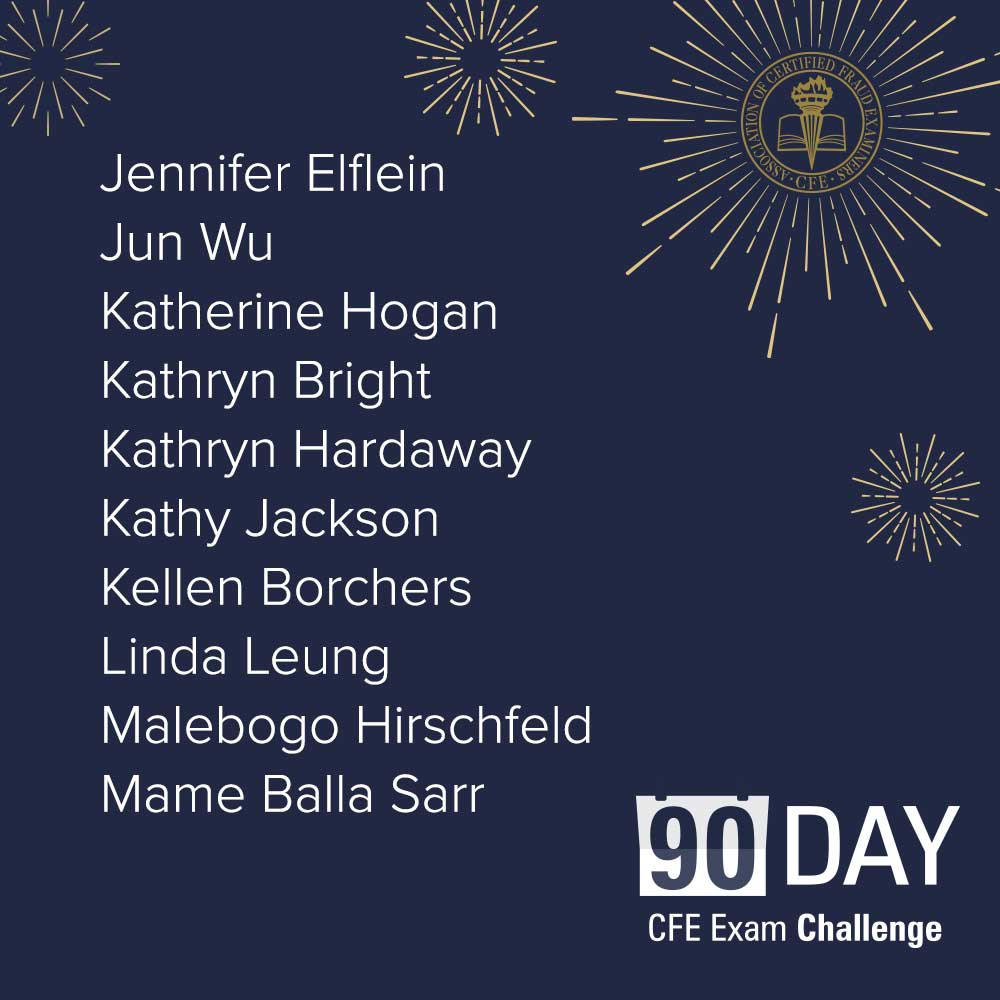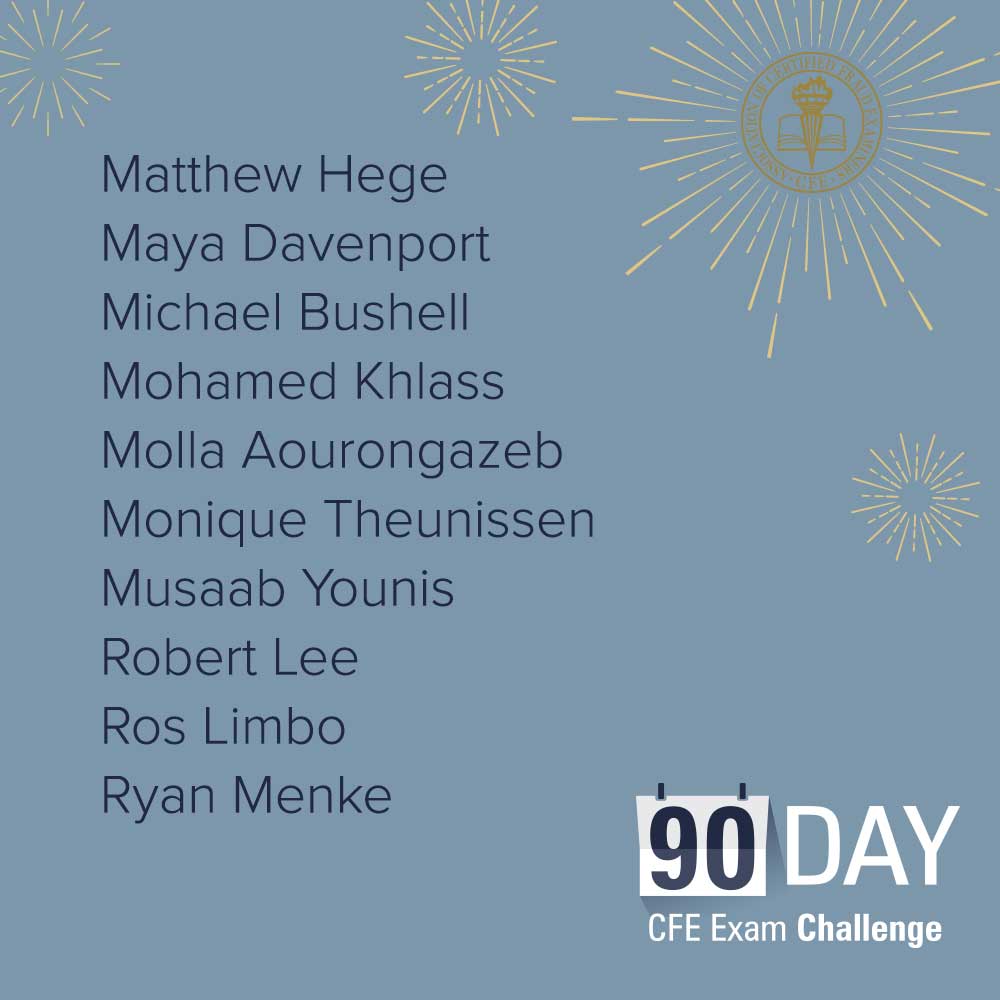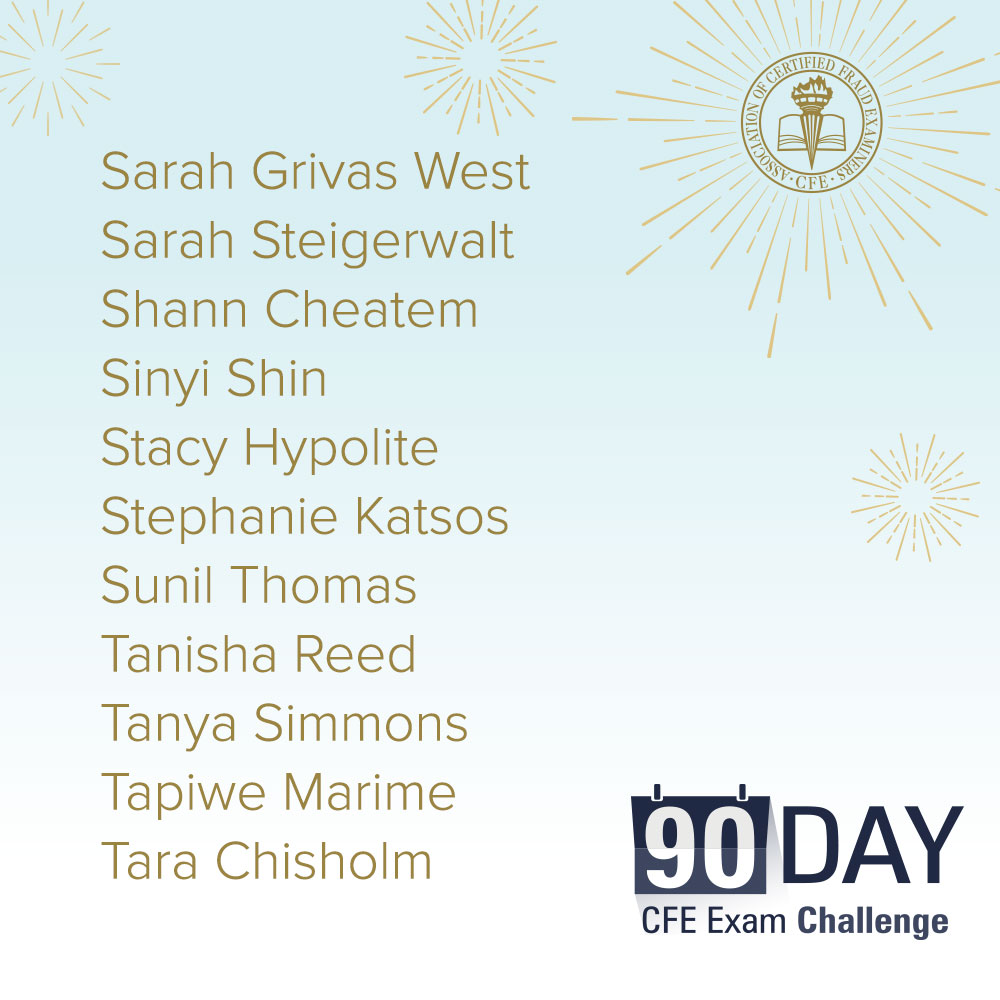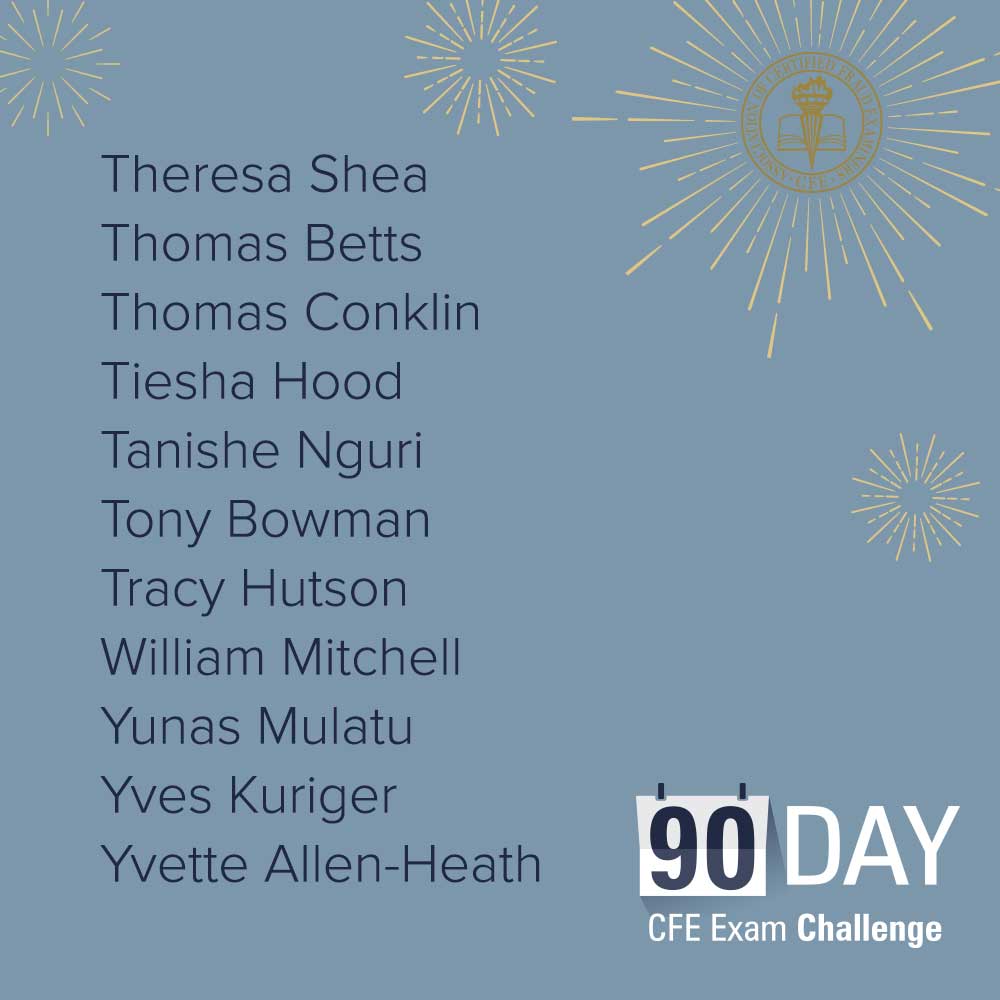MEMBER PROFILE
Jaydra Perfetti, CFE
Founder
Paper Investigator Inc.
Portland, Oregon
Jaydra Perfetti, CFE, founder of Paper Investigator Inc., discovered her passion for financial investigations and fraud detection as a tax compliance officer for the U.S. Internal Revenue Service (IRS). In this role, Perfetti led an investigative team to establish a case against an office of tax preparers who were preying on vulnerable communities in a scheme to defraud the federal government of more than $500,000. The civil penalty case she built against the lead tax preparer went through the appeals process where her findings were fully sustained. While working through this case and many others, she came to understand that, for her, investigation is as much art as it is science and as much intuition as it is technique.
What is one of the biggest lessons you have learned since becoming a CFE?
Fraud is often preventable — as long as you’re paying attention. I used to feel resigned to the existence of fraud. I thought because criminals spend all day creating new ways to separate people from their money, there was no way for law enforcement to ever get ahead of it. I certainly felt, as a member of law enforcement, like I was always playing catch-up.
Then I joined the ACFE and discovered there are people in the world filling a critical third role. Not only are there criminals and crime fighters, there are also people actively fighting fraud before it happens. Thousands of people work day after day on prevention, setting up anti-fraud controls, educating people and organizations and creating fraud response plans. I knew prevention was important, but I hadn’t realized how massive the prevention effort really is or how many people dedicate their professional lives to it. This revelation gave me hope and continues to inspire my work every day.
What steps led you to starting your own private practice?
It started with the IRS, where I spent more than 13 years. The last 10 years there I spent doing tax audits, which included a lot of forensic accounting and fraud investigations. I have also spent the last 11 years volunteering for several nonprofits as a board treasurer.
A few years ago most of the government was put under a hiring freeze due to budget constraints, so opportunities to grow within my agency became nonexistent. I channeled my desire for new challenges and professional improvement through my volunteer work. I got to do wonderful things for some great organizations. Unfortunately, the federal budget continued to suffer, and fulfilling our mission became more and more challenging. I eventually concluded that in order to have the impact I really want on the world, I would have to go out on my own and create it.
Last year I studied for the CFE Exam and earned my credential in November. I got my private investigator license at the beginning of this year. After setting up my business, I left my job with the IRS to work for myself.
What is a memorable case or project that you have worked on, one that made you feel especially proud?
One of the projects I feel most proud about was an investigation I led into an office of tax preparers. The investigation started, like so many do, with a tip. My team and I followed the tip and audited a batch of tax returns all prepared by this office. We discovered a pattern — the same large credit was claimed by taxpayers who were clearly not eligible for it, and English was a second language for all the taxpayers.
Through our investigation, the scheme we uncovered was heart-wrenching. These tax preparers set up their business to target a particular ethnic minority group. They convinced their clients to file tax returns through them by promising it would look better on immigration forms. But the tax returns they filed included thousands of dollars of false credits, so these taxpayers received large refunds they were not entitled to. Since English was not their first language, these taxpayers could not see for themselves that what the preparers told them was on their tax return was not actually there.
The audits resulted in each family owing those false refunds back; an average balance due of $5,000 per year for three years. It was a devastating debt for families working hard and living from paycheck to paycheck. It was also a shocking betrayal by those they trusted. The tax preparers were members of the community as well as experts hired with the expectation to file a correct tax return.
The preparers collected their fees at the time the returns were prepared, so they were not affected by the balance their clients now owed for the refunds they should not have received. I successfully asserted a penalty for willful/reckless disregard of the tax law against the main preparer, and my findings were sustained on appeal. The penalty totaled $5,000 per year for every client. A clear and just consequence for someone holding themselves out as a trusted expert to a vulnerable demographic.
What activities or hobbies do you like to do outside of work?
I enjoy partner social dancing. My favorites are contra, swing, blues, waltz and tango. Dancing is how my partner, Noah, and I met, and it’s still one of our favorite activities we enjoy together.
I have also been training in a martial arts style called Mo Duk Pai for the last dozen years, which means “martial ethics method.” It’s a blended style with roots from a broad range of hard and soft styles focused on practical self-defense and developing the total martial artist (mind, body and spirit). I teach two days a week and enjoy sharing my passion with both youth and adult students.
Another of my passions is community building. I currently sit on the board of two nonprofits. I find it immensely satisfying to give back to my community and make positive changes for our members and those we serve.
Read Jaydra's full interview in the ACFE Career Center on ACFE.com.
